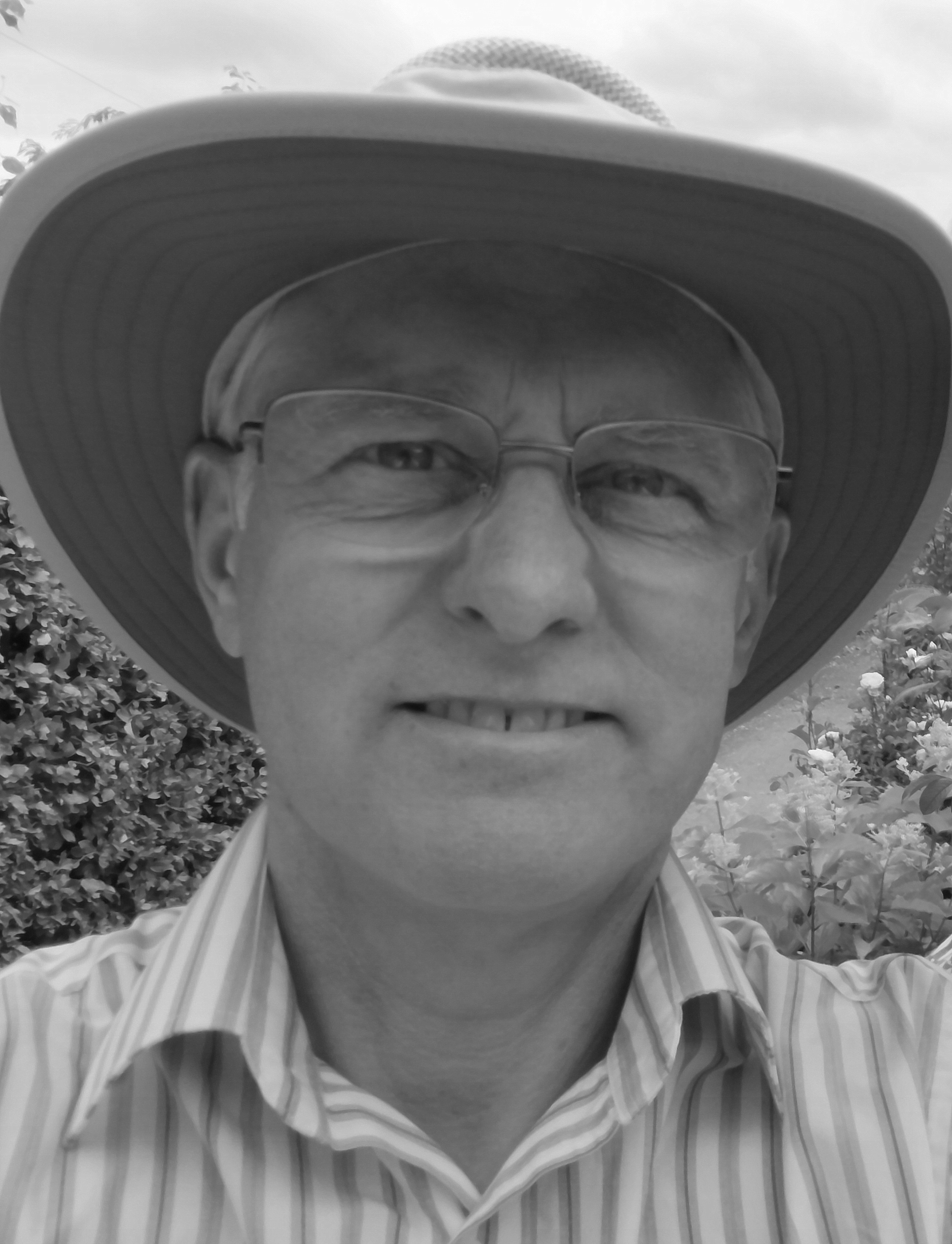How long have you been writing for?
I began writing seriously about 13 years ago, and have spent intermittent periods writing fiction usually for courses or writing groups, but I always returned to the challenge of writing about real life.
What’s the average word count for the books you write and how long does it take you to write your average book?
I reckon my first proper book took about 4 years to write its 87,000 words. With 9 years to live the time period covered and about another 40 to understand it and see its humour and pathos.
What is your writing routine (Do you have a daily word count goal? Do you write whenever the spirit moves you?)
Undoubtedly creativity needs its own time and a notebook accompanies me everywhere for when inspiration strikes. But the only way for me to get results is to sit down and become absorbed in it for several hours each day.
How much do you research for a book before you start writing?
A lot. There are always facts to check, archive sources to be read, people to talk to, music of the period to be heard again.
What do you find most difficult about writing a book?
Balancing the creative pixie on one shoulder and the demon critic on the other.
Which of your books are you most proud of and why?
It has to be my only book so far, North Facing Late Flowering. Just to have completed it gives me great satisfaction as I feel I have paid tribute to some people who helped me so much.
Which of your books was the most difficult to write and why?
The same book, for the struggle to bring out its story while remaining as authentic as possible.
Which self-publishing platform do you like the most and why?
Amazon for its accessiblity to potential readers.
Would you publish with a traditional publisher if they contacted you? Why?
Yes, because I’d be very flattered! Also, to have a support network of in-house editors, proof readers and marketing peeps would be wonderful.
How many unfinished or unpublished works do you have?
I have material for at least another two, maybe more, if life proves long enough.
Do you prefer creating stand-alone books or series?
At this stage I can only dream of a series! I like the idea of a series but I would want each book to stand alone too. Cake, eaten, I think.
What’s one character you wish you would have created? What do you find compelling or interesting about this character?
Impossible choice, but let’s say Jim Dixon (in Lucky Jim). He tries so hard, and has the most appalling characters around him. Perhaps this is why he seems consistently funny yet relatable.
What book do you wish you would have written? Why?
Treasure Island. Plot, characters, jeopardy, perfect atmospheric scenes and a happy ending.
Do you find it challenging to write characters of a different gender, race, or culture than you? Do you do any special research for these characters?
Not something I’ve tried very seriously. Cultural appropriation and lack of authenticity are concerns. I’m sure a combination of empathy and lots of research is the way.
What does success as a writer look like for you?
A brand new writing shed.
Writing can be a lonely job. Do you take any special steps to ensure you remain part of the world?
Hospital voluntary work, meeting friends, writing groups.
Constantly sitting and writing can be physically debilitating. How do you take care of yourself, physically?
Daily walks (with notebook), cycling, allotment.
Do you read your reviews? How do you deal with bad ones?
So far I’ve had only good ones. I fear though that, like Victoria Wood, I will take the bad ones to heart and disbelieve all the good ones. We must learn from the reader’s experience, this is why writers groups are so important.
What books have you read that were particularly inspiring?
Country Voices by Charles Kightly. Why be Happy When You Could Be Normal by Jeanette Winterson.
Do you have a favourite author? A favourite book?
Laurie Lee. As I Walked Out One Midsummer Morning.
Do you plot your stories in great detail before starting to write, or fly by the seat of your pants?
I decide on a particular time period and research it before jumping in with the pants approach. I work on scenes which I hope I can stitch together later.
Of all the characters in your stories, which is your favourite?
The old guy who seems coarse but is capable of great tenderness and perspicacity.
Have you based any characters on real people? If they found out, how did they respond?
So far, most of my characters have been real. People have been pleased with their representation.
What’s the best thing about being an independent author? The worst?
The freedom to write what I want. The problem of marketing.
Do you make a living selling your books?
Ha ha!
What advice would you give to a new author?
Join a writing group and listen carefully to feedback. Do courses on creative writing – poetry, scripts, different genres, short stories etc. – it doesn’t matter if it is not your ‘field’ there is much to learn from others. Read a lot. Keep at it, completing a book takes staying power.
